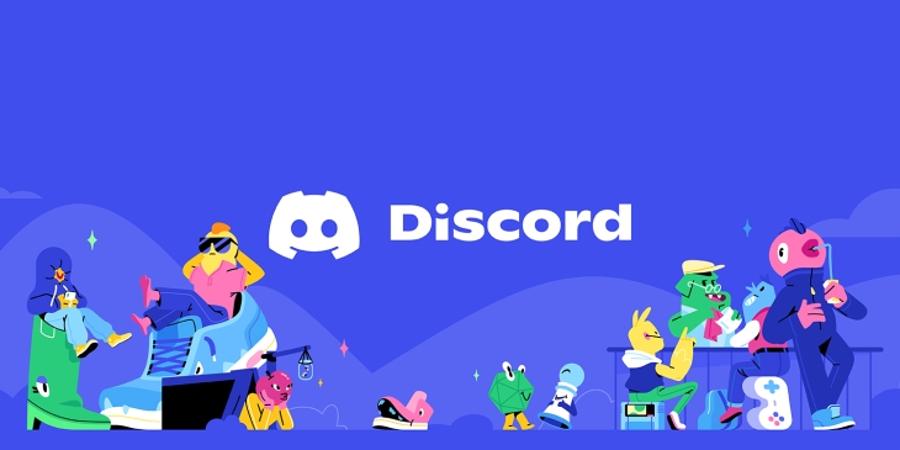Popular chat and streaming app Discord is making every single one of its users change their names, and you could be forgiven for wondering why make such a disruptive move at all. But the platform’s founders say it’s more necessary than you might think.
Ordinarily, Discord users are identified by a name and random number separated by a hash sign — like MinaHarker#1897. Originally, explains co-founder Stanislav Vishnevskiy, it would have just been MinaHarker, since they didn’t require unique names (you were just joining a friend’s channel), but later when they needed to differentiate users with identical names, they added the “discriminator” four-digit number.
As Discord has grown, this same system has stayed in place, but it wasn’t ideal for sharing outside of Discord. Meet someone in real life and you can say, “I’m @BigDraculaEnergy on Instagram” or whatever. But few people remembered their four-digit number or indeed the capitalization of their name on Discord, which actually matters.
“Well, figure it out,” you say, but the trouble is lots of people didn’t: “Almost half of all friend requests fail to connect the user with the person they wanted to match with, mostly because users enter an incorrect or invalid username due to a combination of missing discriminator and incorrect casing,” Vishnevskiy writes, and other problems were common as well. That kind of friction and frustration is bad news for a growing community trying to reach new audiences.
So after long debate the team decided to take an approach that will be familiar to users of social networks: a unique username, plus a freely assignable display name that can be changed at any time.
Illustration showing before and after Discord username and display names. Image Credits: Discord
Illustration showing before and after Discord username and display names. Image Credits: Discord
The problem is simply this: Despite already having a name, everyone will now need to pick a new one, which might or might not be similar to the old one.
If our friend MinaHarker#1897 wants to snag her name, she may find that others have already done so, and though she used to be known just by her name, she now has to change something, perhaps adding periods, underscores or numbers (the only other permitted characters). It’s definitely arguable that m1na_h4rk3r is more difficult to say or search for than MinaHarker#1897. And with hundreds of millions of users who previously had whatever name they wanted, you can be sure that kind of conflict will be fairly common.
Users are understandably upset over the change. It may well be that friend searches were awkward and often unsuccessful. But that’s a temporary inconvenience — you ask your friend again or check around and find the correct name. What about this couldn’t have been fixed by a smarter search function to help differentiate between Jonathan#6733, Jonathan#7633, and Jonathan#3367?
In solving some problems, it also introduces others — which will also be familiar to social media users. For instance, how will Discord ensure that notable online personalities aren’t targeted by impersonators? Every platform is in constant battle with impersonators, and one can hardly expect the average user to know whether @ninja or @ninja_ is the one they want. (And after all, why shouldn’t an actual ninja take one of those names?)
Others have pointed out that Discord channels have been great for automatic functions (like Midjourney’s image generation, an enormous community there) and friendly bots, which might be broken or require serious rework to operate under the new conditions. Having a single universal nickname may not be everyone’s cup of tea, either. Do I want to be known by the same nickname on my K-drama channel as on my racing sim channel?
The company hopes to avoid acrimony with a slow rollout and prioritizing usernames for people who have been on the platform the longest. But those users are likely to be the most ticked off, since they joined when Discord was a relatively no-frills chat app for gamers and other communities — this constant creep toward being a full-blown social network may eventually push them to explore alternatives.
Source @TechCrunch



